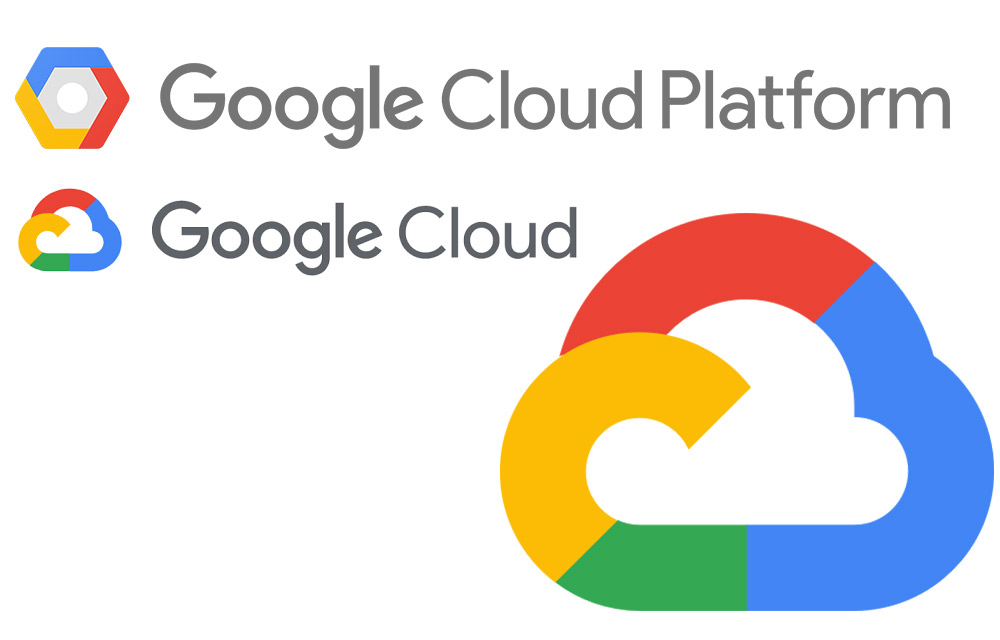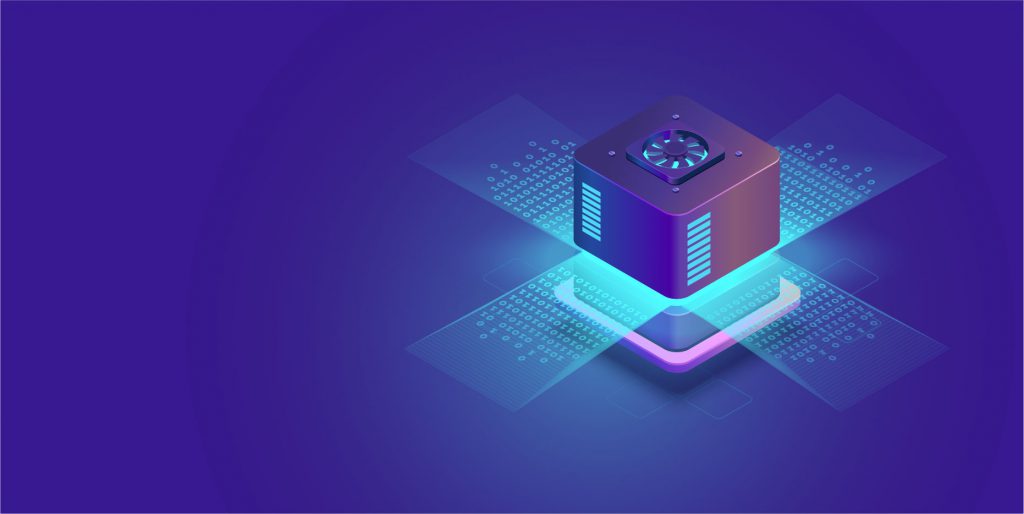Nowadays the main problem customer facing is the storage issue. Cloud Computing is the best solution for this problem. Cloud computing means storing data over the internet instead of storing it in our personal drive. One of the main advantage of cloud is that you can access the data from anywhere in the world. Cloud offers services like database, storage, networking, and more over the Internet to provide faster, innovative, and flexible resources to its customers.
The customers get to pay only for the resources they use. Cloud computing helps the customers to lower their operating costs and run their business infrastructure more efficiently. We have a lot of cloud providers like AWS, IBM, Microsoft, VMware, etc., but among these Google Cloud has become more popular in recent years due to many reasons. Lets know more about what Google Cloud is.
Google Cloud Platform
Google Cloud is a suite of Cloud computing services offered by Google. The platform provides various services like compute, storage, Big Data, networking and a numerous services. This platform run on the same infrastructure that Google uses internally for its end users like YouTube and Google Search. Google server is really good in working and hasn’t gone down in years. As per this reason we can trust Google to run our applications on the Google Cloud infrastructure with safe and secure.

Google Cloud Services
Google Cloud has been expanding across the globe because of the wide array of services it offers to its users.
- Compute Services
- Storage Services
- Networking
- Big Data Services
- Security and Identity Management
- Management Tools
- Cloud AI
- IoT
Compute Services
| Google App Engine | App engine is a managed application platform that supports any language, framework or library you want to used. You can get start with any languages like Node.js, Ruby, Go, Java, Python or .NET. Also you can any programming language or library. App engine is simply a server-less platform that helps you for developing and hosting web applications in Google managed data centers. One of the main advantage of app engine is that you can run multiple versions of your application at the same time. App engine offers the automatic scaling feature for you. App engine automatically balance instances of your application across multiple availability zone making sure your app is up and available. |
| Compute Engine | Is an infrastructure as a service offering to run Microsoft Windows and Linux virtual machines. It’s one of the products in Google cloud platform that allows us to spin up virtual machines notice instances in the cloud hosted managed and running inside Google’s data centres. |
| Kubernetes Engine | It aims at providing a platform for automating deployment, scaling, and operations of application containers across clusters of hosts. Kubernetes have many advantages most importantly it takes care of all humanities cluster configuration as installing Kubernetes software operations and joining the worker nodes as such within a few minutes. |
Storage Services
| Google Cloud Storage | An online file storage web service for storing and accessing data on a Google Cloud platform infrastructure. Google cloud storage is practically infinetly scalable whether you are supporting a small application or building exabyte system Google cloud storage can handle anything. It is strongly consistent and have advanced security and sharing capabilities. |
| Cloud SQL | Is a web service from cloud that allows you to create, configure and use relational databases that live in Google Cloud. It helps to manage administrative tasks for MySQL, Postgre and Microsoft SQL Server databases. It can accessible from just about any application anywhere and is affordable , no commitment pricing for applications of any size. |
| Cloud Big table | A fast, fully managed, and a highly scalable NoSQL database service. Cloud Bigtable is a fully managed service, meaning you can concentrate your app instaed of tuning your database. With its unique combination of low latency and high throughput, Cloud Bigtable can scale reliably handle massive workloads at lighting fast speeds and up to millions of operations per second with no reconfiguration downtime. This is also compatible with industry. |
Networking
VPC: Virtual Private Cloud is a public cloud capability that provides you the ability to define and then control isolated virtual networks and then deploy cloud resources in to those networks. The advantage of VPC Cloud is Scalability, Easy hybrid cloud deployment, Better performance, Better security. VPC is shareable that is by using a single VPC the entire organization can do its all types of works and access to all commonly used services like such as VPN or Cloud Interconnect.
Cloud Load Balancing: It is the process of distributing incoming traffic to the network by efficiently distribute across multiple computing resources. This reduces the cost and maximizes the availability of the resources. Cloud Load Balancing puts your resources behind a single anycast IP and allows you to scale your resources up and down with intelligent Autoscaling. It can also support HTTP, HTTPs, TCP and UDP. Also it is ease of use in adding and removing servers in the networks as per demand.
Content Delivery Network: It is simply used to deliver the content around the world. By using CDN, datas will accessible on the same speed to everyone regardless of how they are located geographically. The goal here is to provide high availability and high performance by spatially distributing the service relating to end users. The main benefit of a CDN is that it makes your website faster.



